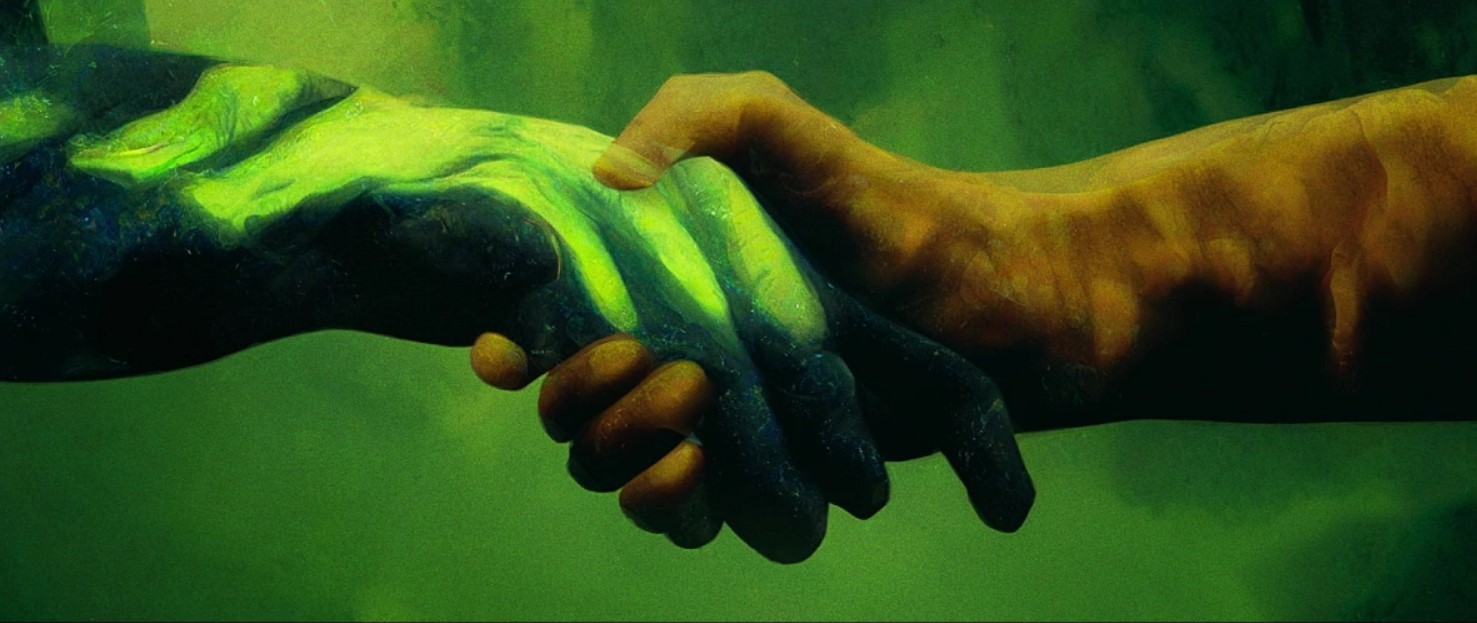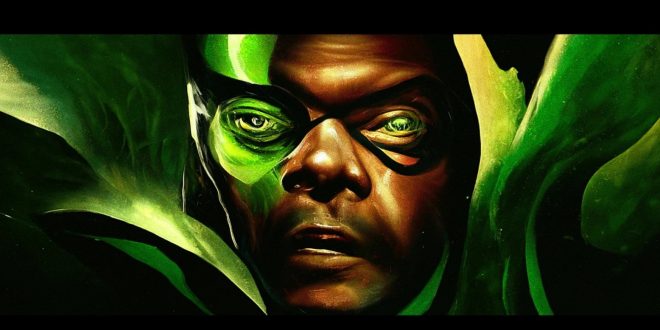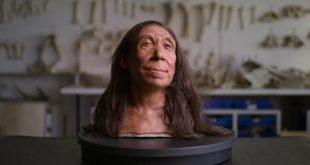This question is serious. How can generative AI be used ethically in a major public work of art?
Marvel Studios’ use of AI to create “Secret Invasion”‘s title sequence raises this issue. AI-generated art—in this climate? By a billionaire-funded company? Unacceptable! This is not a secret AI invasion.
Some were outraged when they thought Marvel had ordered Midjourney or Runway to create the opening sequence of a nine-figure show, but the truth is much less villainous. Professional artists chose this style to convey the show’s and modern life’s unease and imitation.
Method Studios, which has done VFX work for Marvel, created these title credits. As shown in its title work montage, it did the intros for “Godless,” “Warrior,” “The Twilight Zone,” and many other major productions, each with a distinct and artificial key look tied to the show’s themes.
Method responded exclusively to The Hollywood Reporter yesterday, as is their right. They wrote:
Talented art directors, animators (both 2D and 3D), artists, and developers worked hard to create the project’s other elements using conventional methods. While the AI component yielded optimal results, it is important to note that our artists used many tools. These tools helped our creative teams, not replaced them.
Method may have suggested AI-generated imagery for “Secret Invasion,” a show about aliens impersonating humans. What better way to suggest uncanny imitation and its discomfort? To ship on time, they likely pitched this look in 2021 or early 2022. That contradicts the idea that Marvel is using AI due to the writers strike or cost-cutting.
Method did not specify whether it used generative AI tools that scraped artists’ works without paying or crediting them. A valid complaint!
How much should we grieve? What generative AI-based art is allowed? Is it exploitative to use unaltered, generated imagery in the concept stage or only in the final product? Is creation (if we can call it that) compromised, or are there ethically trained generative models?
These are genuine questions. The Method title sequence may or may not be a good example of using generative models to create original art.

The strike and other artistic exploitation issues are bad timing. Whether ethically produced or not, the titles feel out of touch right now, but that may be because their themes have become mainstream!
Nick Fury’s stills with an AI backdrop would have been very different. At this point in the debate, replacing an artist is like Indiana Jones replacing the golden idol with a bag of sand. He failed, and AI art has similar problems (though no boulder).
The show credits hundreds of artists from a dozen VFX houses and units. Marvel is probably the largest employer or customer of professional artists in the world. Disney included.
I’ve also heard that they pay bottom dollar and work those artists like borrowed mules, but that’s another matter (and worth calling them out on). This title treatment didn’t read the room correctly, and it’s unclear if the AI tools co-opted other artists’ work to produce the result we saw, however “guided” and composited. No Marvel exemption
Many people’s knee-jerk reactions are also out of touch. From my experience, working artists are more concerned about the people who make and decide on AI tools than the tools themselves. Many already use them. (Some have said no.)
This opening sequence was storyboarded, sketched, generated, tweaked, animated, and more by professionals, not a generative model. Yet the fears that erupted when people saw it reflect a very real concern that penny-pinching producers and managers will use AI even though it doesn’t do what they think—and certainly despite ethical concerns. As others have noted, the technology is scary, but the users are scarier. Some have called it an insult to artists, but it was a miss.
 Tech Gadget Central Latest Tech News and Reviews
Tech Gadget Central Latest Tech News and Reviews




